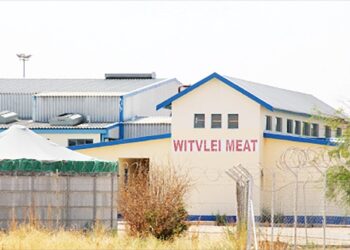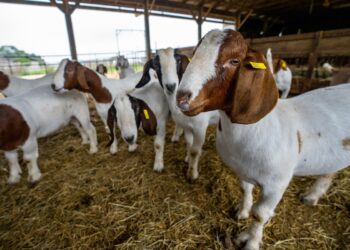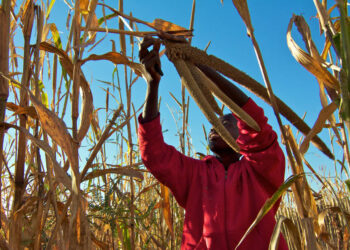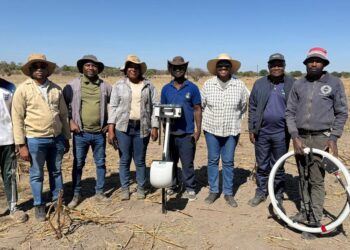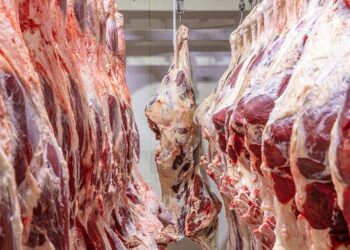
The illegal dumping of eggs emanating from foreign countries under the disguise of in-transit export is posing a risk to local poultry farmers, a new report has revealed.
The latest agriculture report by Simonis Storm highlighted that the Oshikango border is where most illegal trade takes place, posing a threat to local poultry farmers.
“According to Namib Mills and Meat Board, Namibia is completely self-sufficient with local egg production. However, dumping by Zambian farmers remains a risk to the sector. Zambian trucks claiming to bring eggs into Namibia for export and supposed to only drive to our port in Walvis Bay, end up selling eggs illegally in Namibia,” Simonis Storm revealed in the latest agriculture report.
“The Oshikango border is where most illegal trade takes place. The Poultry Association of Namibia has taken up this matter with the government and called on stricter border controls. However, this has not materialised and so remains a risk to sales of local egg producers.”
The report further states that not much data exists in the local poultry industry indicating who are the main sector driver, but industry experts estimate Waldschmidt Eggs at 75% market share, hence focusing on their data.
It, therefore, indicates that production costs have increased by 22% over the last 12 months, but sales continue on a downward trend as consumers cut down on expenditure in the current inflationary environment.
Egg production is therefore expected to be relatively flat in the short run as costs cannot be passed on to consumers.
“Also, competition has increased both in the egg and broiler sectors, where numerous operations have come online after the pandemic, as individuals pursue a sideline business. This also places downward pressure on prices. Operations at the Roots Village development in Stampriet is an example of this.”Â
It further said broiler chicken coups have been built in the Stampriet area and are targeting to produce 30,000 chickens per month, “while other players in the poultry industry are diversifying their activities; for example, Namib mills is looking to use the chicken manure from their chicken farms outside Windhoek to fuel a biogas project,” Simonis Storm said in its report.


